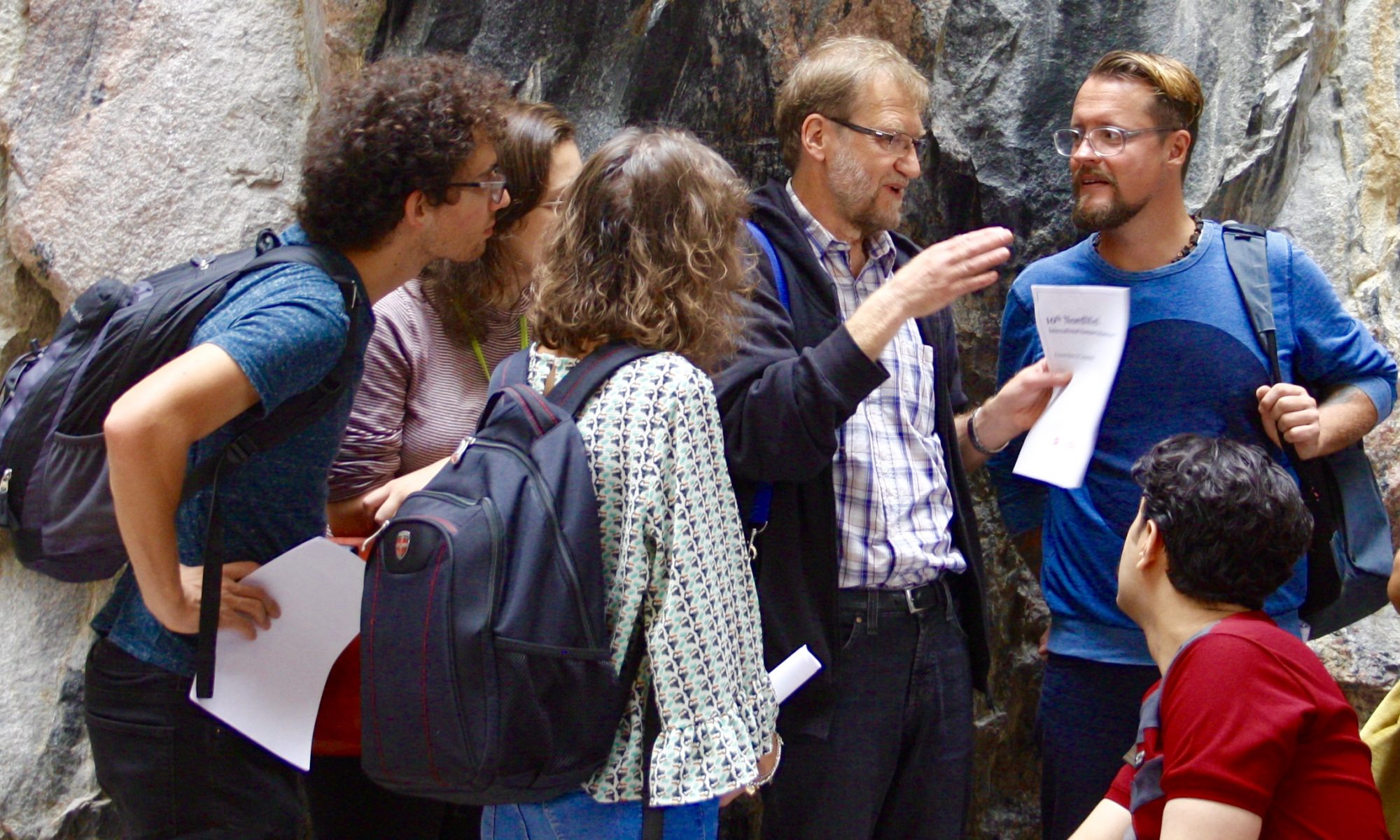Shifting to Post-Crisis Welfare States in Europe? – Long Term and Short Term Perspectives
CONFERENCE PROGRAMME and
WORKSHOPS
***
Welfare states develop, change and adapt to changing circumstances. Long-term incremental transformations, short-term ruptures and crises have been intertwined in the making and changing of welfare states. Over the last five years welfare states have been hit by a severe financial crisis. Its effects are in various ways related to structural changes associated with globalization, immigration, generational structures, and old and new social risks. The financial crisis has demonstrated international interdependencies and made the problems concerning the democratic legitimacy of national welfare states and European integration visible.
Against this background the conference Shifting to Post-Crisis Welfare States in Europe? – Long Term and Short Term Perspectives brings together distinguished academics from across the world to discuss whether we are going through a tough time – as a phase in the normal development and adaptation of welfare states – or whether we are facing a complete transformation or even a decline of the welfare state as we know it.
The format of the conference is a combination of plenary keynotes given by some of the most central welfare researchers of today and paper sessions where the work of well-established researchers, post-doctoral researchers and PhD students are discussed. The conference will address a variety of topics related to the long- and short-term transformations of welfare states:
- Current crisis and its background, response and experience across Europe
- Relationships between trust, legitimacy and the welfare state
- Poverty and social exclusion in times of crisis
- Public pensions in hard times
- Immigration and the welfare state
- Changing demography, care and gender relations
- Challenges of comparative welfare state research
- The politics of social policy – old and new actors
- Social policy concepts, classifications and language
- Life courses, intergenerational and gender relations interacting with welfare policies
- Crises and restructuring of labour markets
- EU: the problem or the solution of the welfare state in crisis
Key note speakers
- Peter Hall (Harvard University, US)
- Kimberly Morgan (George Washington University, US)
- Ann Orloff (Northwestern University, US)
- Bruno Palier (Director of Research, CNRS, Sciences Po, FR)
- Joakim Palme (University of Uppsala, SE)
- Chiara Saraceno (Collegio Carlo Alberto, Turin, IT)
Chairs and commentators include following prominent scholars: Jørgen Goul Andersen (University of Ålborg, DK), Grete Brochmann (University of Oslo, NO), Bea Cantillon (University of Antwerp, BE), Jochen Clasen (University of Edinburgh, UK), Christoph Conrad (University of Geneva, CH), Bernhard Ebbinghaus (University of Manheim, DE), Ana Guillén, (University of Oviedo, ES), Gunhild Hagestad (Norwegian Social Research, NO), Karl Hinrichs (Bremen University, DE), Bjørn Hvinden (NOVA, NO), Ellen Immergut (Freie Universität, Berlin, DE), Pauli Kettunen (University of Helsinki, FI), Stein Kuhnle (Hertie School of Governance, DE/University of Bergen, NO), Jon Kvist (University of Southern Denmark), Urban Lundberg (Stockholm University, SE), Åsa Lundqvist (Lund University, SE), Pirjo Markkola (University of Jyväskylä, FI), Paul Marx (University of Southern Denmark, DK), Sonya Michel (University of Maryland, US), Viggo Nordvik (NOVA, NO), Herbert Obinger (Bremen University, DE), Wim van Oorschot, (Leuven University, BE), Birgit Pfau-Effinger (University of Hamburg, DE), Klaus Petersen, (University of South Denmark, DK), Caroline de la Porte (University of Southern Denmark, DK), Jonathan Zeitlin (University of Amsterdam, NL), Noel Whiteside (University of Warwick, UK)
